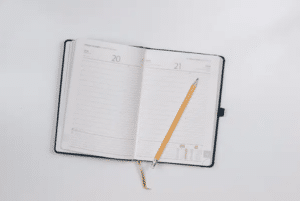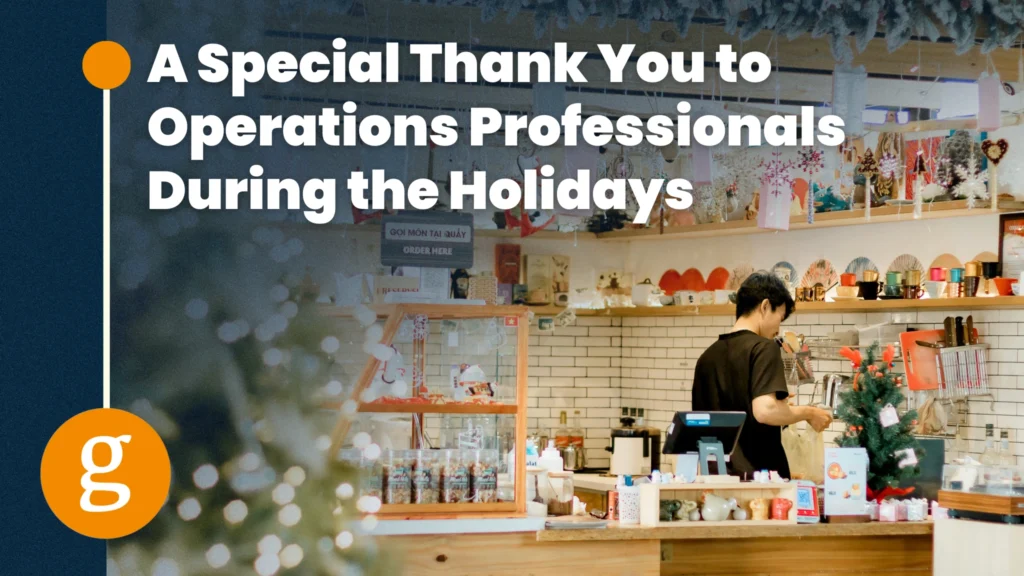A Mid-COVID Retrospective: Do You Need Help Getting Back on Track?
Jim Newcomb | Career Advice | September 1, 2020

In most industries, there are two types of people right now – those who are working and feel like they are underwater because there is too much to do with too few people to do it, and those who are still not working and feel like they are treading water. In both cases, it’s easy to forget that you are a good swimmer and can master the roughest of waters. It’s not too late to do your own mid-COVID retrospective and get yourself back on track and to the basics that have always been the foundation of your success.
Routines and rituals can help get you back on track.
Establishing or re-establishing routines is the best way to get back on track, both personally and professionally. Adding rituals to augment your routines can make them happen more quickly and more effectively.
“We are what we repeatedly do.”
The Story of Philosophy by Will Durant
Benefits of routines.
- Supports mental health. Routines are important for mental health because they create structure, reduce stress, give us a sense of accomplishment, let us know how we are doing, and let people around us know how we are doing.
- Creates consistent results. When you get good results and repeat the process, you are creating a routine and good habits that will produce consistently good results. This also builds confidence and accomplishes what’s important through prioritization. Routines help instill good habits and break bad habits.
- Saves time. Routines save time because you don’t have to think about the next steps. And, because you learn their rhythm, you become more efficient, and you know what to expect at each step — your brain is subconsciously preparing you for the next step. Routines also reduce time spent planning.
- Reduces the need for determination and willpower. As an example, daily routines like brushing our teeth do not require willpower.
- Builds momentum. For example, going to the gym gets easier the more frequently you do it.
- Saves money. A routine helps us use the resources we’ve paid for, like using a gym membership and consuming fruits and vegetables before they go bad. We may choose to routinely eat an orange every morning or have a salad every day.
- Enhances culture. Routines define the acceptable standards and help establish the norms and behaviors in the workplace. A positive company culture retains and attracts employees.
- Makes you a role model. Your own success from following routines will demonstrate the importance and positive effects to others.
- Accomplishes goals. Developing and sticking with routines that are congruent with your goals is one of the surest ways to achieve success.
Routines you can implement.
- Stay on or get back on a normal work schedule.
- Shower and dress as if you are going to work or out shopping.
- Eat meals at regular times.
- Keep to a daily schedule of exercise.
- Get up and go to bed at the same time as if you are working.
- Establishing or reviewing a daily to-do list.
- Time to sharpen the saw through reading, training, and team development.
- Personal time to meditate, play, or read.
How to implement routines.
- Use a checklist. Start by writing your routines in a checklist – even the personal ones. Writing or typing it out adds intention as well as focus. A checklist reminds you of the routine and helps to create the habit.
- Organize your routines into time periods. Try using start-of-the-day routines, mid-day routines, and end-of-day routines. These can be separated into home and work, where you have the beginning of your day at home and the beginning of your day at work.
- Allow for flexibility. Your routines are there to support you. Don’t let them get in the way of what’s important.
- Create reminders. Use what works best for you to remind yourself to follow the routines until they become ingrained. Use all tools at your disposal, from post-it notes to a digital calendar and phone apps.
- What works for you? The most successful daily routines are the ones that work best for you, which means understanding the body’s ebbs and flows of energy. When are you most capable of accomplishing certain tasks?
What is the difference between a routine and a ritual?
Routines are daily actions that are regularly followed, whereas a ritual is repeated behavior that is imbued with a deeper meaning beyond a sequence of actions. They are symbolic. Routines power your day, but rituals help you get through them.
Benefits of developing rituals in your day.
- Brings focus when transitioning between tasks. Attention residue occurs when switching from one task to another. Your attention doesn’t immediately follow to the next task — a residue of your attention is still thinking about the previous task. A ritual tells your brain that you are done working on a task, and it’s time to move on. The best example is the transition from writing a document to a one-on-one meeting.
- Attaches significance. Including a ritual at the beginning or end of an action brings attention to it, as above, and encapsulates it as something important.
Rituals you can implement.
Rituals are personal and need to be adapted to what works for you. Some examples can include:
- Go for a quick walk.
- Put away the project (close your laptop).
- Get a cup of coffee.
- Do a deep breathing exercise, a quick meditation, or anything that causes you to stop and refocus.
How to implement rituals.
The action itself doesn’t matter as much as what it symbolizes to you.
- Create an intention. As mentioned, rituals are symbolic. Performing rituals with the intention of producing a result has been found to make the result come true.
- Recreate the environment. The environment can support your intention as well as your frame of mind. Recreate the environment you use for a specific task.
Inviting Goodwin Recruiting to be a part of your daily routine can help get you back on track to accomplish your goals.
If you are an employer trying to get back on track, we can help! We can reduce the tasks on your list by sourcing, screening, and interviewing top candidates – we’ll send you only the best, most-qualified candidates. If you are a candidate who wants to re-establish focus on the job-at-hand, finding a new job, we can support you in your goal and help you stay on track. Even if there are few jobs open in your area, we can let you know as soon as a job is opened. We can be one more arrow in your quiver. There is nothing like being a recruiter to be the creator of your own success. You can create the routines and rituals, supported by our cutting-edge training, that will propel you into a new career.
Share This Article














































